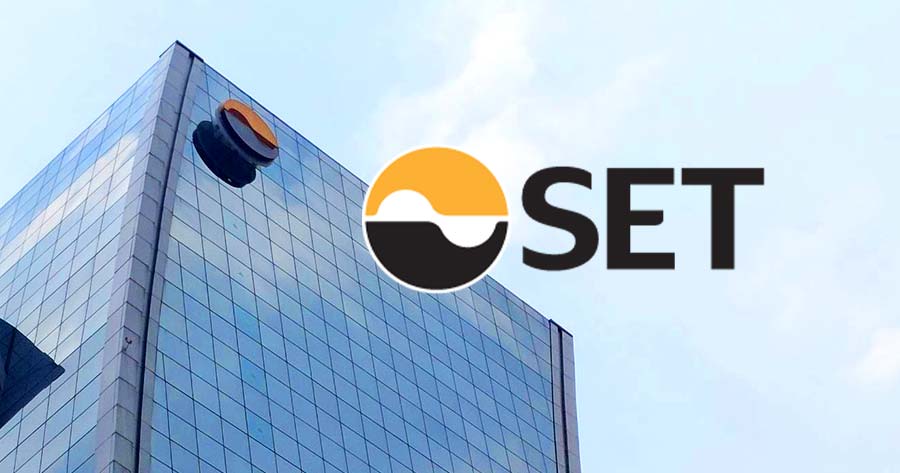Professor Kitipong Urapeepatanapong, Chairperson of The Stock Exchange of Thailand (SET) and Chairman of the Capital Market Development Fund (CMDF), revealed that progress regarding the establishment of a new composite index is expected to reach clarity within the next 3–4 months. Currently, the SET is studying models from overseas markets such as those in China, Mumbai, New York, and others.
Professor Kitipong assigned Dr. Soraphol Tulayasathien, Senior Executive Vice President and Head of Corporate Strategy & Strategic Initiatives Division, to analyze the specifics on regulations, qualifications, trading mechanisms, as well as pros and cons compared to the SET Index itself. This review could take some time and entail comprehensive data analysis.
He further clarified that the SET is not seeking the “quantity” of companies, but rather the “quality” of those being listed. Therefore, the listing process will involve diligence in vetting companies to prevent risks of investment fraud or widespread losses.
The aim is to attract high-potential companies, such as pharmaceutical or medical-device businesses, which are already substantial in number. The capital market will help spur their rapid growth, instead of relying solely on organic expansion.
The CMDF may support this ecosystem by establishing a matching fund to co-invest in these sectors, thus fostering investor confidence—especially as these startups may not yet be widely known.
In addition, the SET is negotiating with the Board of Investment (BOI) to construct specific benefit schemes and criteria that will attract technology, deep-tech, healthcare, and startup companies to list on the SET.
However, legal concerns remain as to whether founders or existing controllers can retain control post-listing. The issue is expected to be discussed with the government body before making it into law.
As for startups, the SET is considering opening or establishing new markets, which may also involve lifting certain requirements, such as the rule mandating three consecutive years of profits or stipulating that companies must be listed on the LiVE Platform or a new New Economy market. These subjects are currently under review.
The research results will determine what changes need to be made, and the stock exchange will consult both the Securities and Exchange Commission (SEC) and the Ministry of Finance (MoF) before proceeding. A swift process is preferable because, realistically, it may take 1–2 years for full implementation, Professor Kitipong said.
Juckchai Boonyawat, President of CMDF, shared that over the past five years (2020–2024), CMDF has approved support for 153 projects, totaling over THB 2.928 billion. Of these, 83 projects have been completed, all contributing benefits to the capital market ecosystem in line with CMDF’s mandate.
Currently, CMDF is valued at approximately THB 5.8–5.9 billion—originating from an initial SET transfer of about THB 5.7 billion and 90% of SET’s annual net profits.
Beyond the active study on Thailand’s Individual Savings Accounts (TISA), in 2024, the Capital Market Research Institute (CMRI), under CMDF, continues supporting a diverse array of research. These include guidelines for post-retirement provident fund management, studies on anti-fraud measures in the capital market and investor protection, and strategies for carbon credit market development in Thailand.
In terms of researcher development, CMDF has launched initiatives to foster a new generation of researchers in the capital market (Researcher Pool). In collaboration with the Office of the Permanent Secretary of the Ministry of Higher Education, Science, Research and Innovation (MHESI), CMDF provides matching fund support to young researchers in the capital market, specifically those affiliated with MHESI’s academic institutions.
As a result of its initiatives, CMDF has supported the development of more than 3,500 organizations and enhanced the skills of over 15,000 professionals in the capital market.
The fund has also promoted educational opportunities, granting more than 940 global and local industry certificates. Public awareness campaigns through online media have reached over 80 million views.
Additionally, more than 50 research articles have been published via the CMRI website, garnering over 17,300 views, while over 600 research reports have been distributed to 30 different agencies.





